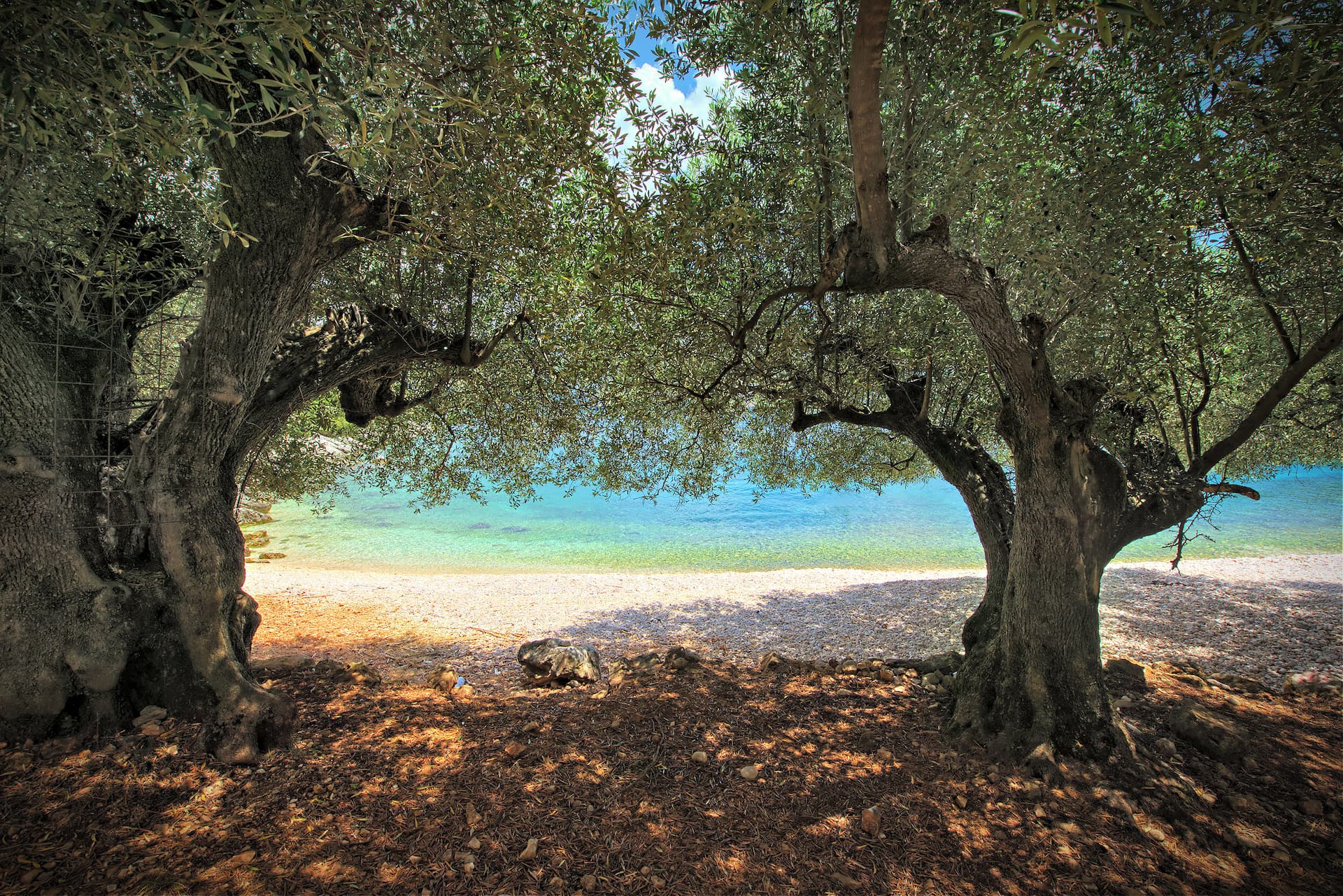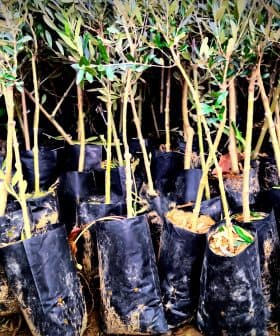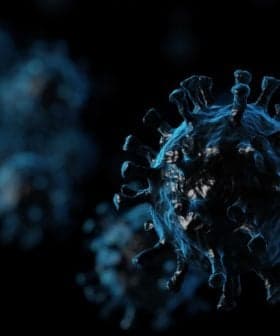Study: Selenium Treatment Shown to Protect Olive Trees Against Salt Stress

A recent study from the University of Perugia in Italy found that selenium biofortification can reduce salt stress in olive trees by improving water content, enhancing photosynthesis, and reducing toxic effects, with varying effects depending on the cultivar. The study showed that selenium treatment led to increased photosynthesis, improved water content in leaves, and better growth, indicating potential protective properties against the negative effects of salt stress on olive trees, though further research is needed to determine the effects on olive production and oil quality.
Olive trees growing in saline conditions experience salt stress, which causes metabolic and physiological problems such as low water intake, reduced photosynthesis and nutritional imbalance.
However, a recent study by agricultural researchers at the University of Perugia, in Italy, shows that selenium biofortification can reduce stress levels in olive trees by increasing the water content of the leaves, enhancing photosynthesis and reducing toxic effects.
“The results suggest a positive effect of an appropriate amount of selenium, although with different intensities depending on the cultivar, and the vigor of the olive tree proliferated shoots in vitro,” the study’s authors wrote.
See Also:Olive Oil Research NewsWhile the olive tree is quite tolerant to salinity, salt stress affects the plant by increasing the production of reactive oxygen species in the long term, including hydroxyl radical and hydrogen peroxide.
These compounds play a central role in oxidative cell damage and in extreme circumstances, the plants get dehydrated and eventually die.
By undertaking this study, the researchers wanted to investigate, evaluate and establish the likely effects of selenium when administered at different concentrations to Arbequina trees experiencing saline stress.
The selenium effects on the trees were studied by monitoring physiological and biometric indices in relation to the plant’s ability to exchange gases, its growth and the water content of the leaves.
In addition, the researchers monitored bio-molecular parameters including selenium and proline levels in the leaves and roots.
The study found that olive trees exposed to high levels of salinity had reduced foliar photosynthesis and heightened sub-stomatal concentration of carbon dioxide.
Researchers attributed the increase of CO2 in the plants to low photosynthesis resulting from non-stomata effects and closure of the stomata due to destruction of the photosystem.
When the plants were treated with selenium – in the form of sodium selenate – there was a remarked reduction of the negative effects resulting from the high levels of sodium chloride. The olive trees experienced a higher rate of photosynthesis, improved water content in the leaves and better growth.
This is the first study demonstrating that selenium has protective properties against the negative effects of sodium chloride on olive trees.
However, the researchers concluded that more studies need to be conducted in this area to determine the effects of selenium biofortification on olive production and oil quality.









